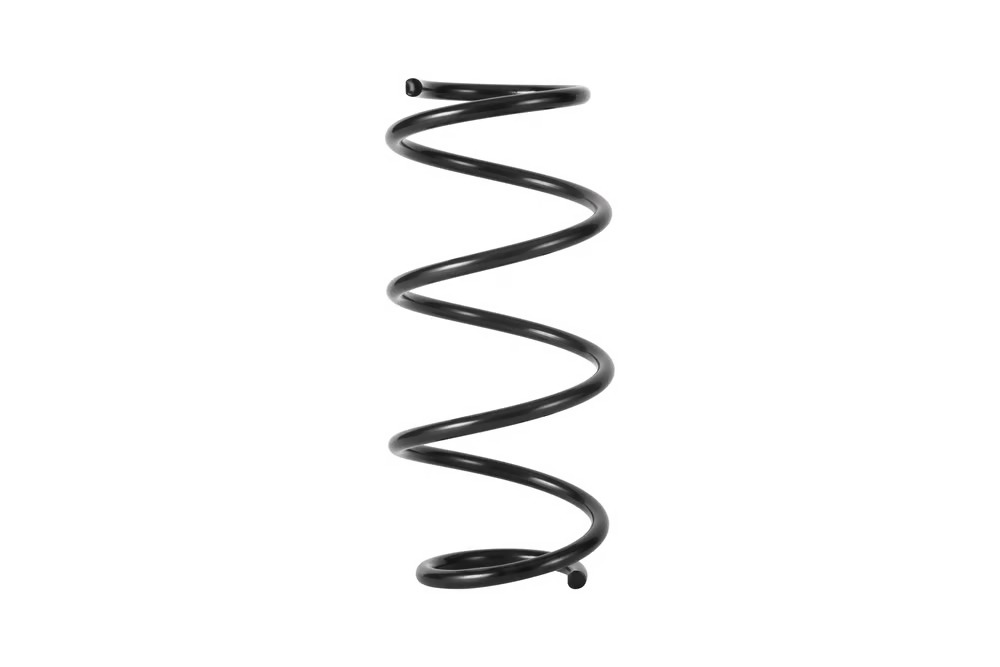The Basics of Coil Spring Suspension
Coil spring suspension is a type of suspension system commonly used in vehicles to provide a smooth and comfortable ride. It consists of coil springs, which are helical springs made of steel, and shock absorbers. This article will explore the various aspects of coil spring suspension, including its advantages and disadvantages.
Improved Ride Comfort
One of the key advantages of coil spring suspension is its ability to provide a comfortable ride. The coil springs absorb the shocks and vibrations from the road surface, resulting in a smoother and more enjoyable driving experience. This is especially beneficial for long journeys or when driving on rough terrain.
Enhanced Handling and Stability of Coil Spring Suspension
Another benefit of coil spring suspension is its ability to improve vehicle handling and stability. The coil springs help to maintain consistent contact between the tires and the road, resulting in better traction and control. This can be particularly advantageous when driving at high speeds or when maneuvering through tight corners.
Durable and Long-Lasting
Coil spring suspension systems are known for their durability and longevity. The coil springs are made of high-quality steel, which is designed to withstand heavy loads and extreme conditions. This means that the suspension system is less likely to wear out or require frequent repairs, resulting in cost savings for vehicle owners.
Adjustable Suspension of Coil Spring Suspension
One of the unique features of coil spring suspension is its adjustability. The stiffness of the coil springs can be modified to suit the specific requirements of the vehicle or the driver. This allows for a customized suspension setup, enhancing the overall performance and comfort of the vehicle.
Easy Maintenance of Coil Spring Suspension
Coil spring suspension systems are relatively easy to maintain. The coil springs can be visually inspected for signs of wear or damage, and they can be replaced if necessary. Additionally, the shock absorbers can be checked and replaced if they show signs of leakage or reduced performance. Regular maintenance and inspections can help ensure the longevity and optimal performance of the suspension system.
Disadvantages of Coil Spring Suspension
While coil spring suspension offers numerous benefits, it also has a few drawbacks. It is important to consider these disadvantages when choosing a suspension system for a vehicle.
Less Off-Road Capability of Coil Spring Suspension
Compared to other suspension systems, coil spring suspension may have limited off-road capability. The coil springs are designed to provide a comfortable ride on paved roads, but they may not be as effective in absorbing the impact of rough off-road terrain. Vehicles that require extensive off-road capabilities may benefit from alternative suspension systems such as leaf spring suspension or air suspension.
Higher Cost
Coil spring suspension systems can be more expensive to manufacture and install compared to other types of suspension systems. The complexity of the system, including the coil springs and shock absorbers, contributes to the higher cost. However, considering the durability and longevity of coil spring suspension, the initial investment can be justified by the long-term benefits.
Potential Coil Spring Sag
In some cases, coil springs may experience sagging over time. This can result in a decrease in ride comfort and handling performance. However, regular maintenance and inspections can help identify and address any sagging issues before they become significant problems.
Conclusion
Coil spring suspension offers numerous advantages, including improved ride comfort, enhanced handling and stability, durability, adjustability, and easy maintenance. However, it also has a few disadvantages, such as limited off-road capability, higher cost, and the potential for coil spring sag. Overall, coil spring suspension is a reliable and popular choice for vehicles that prioritize comfort and handling performance on paved roads.

